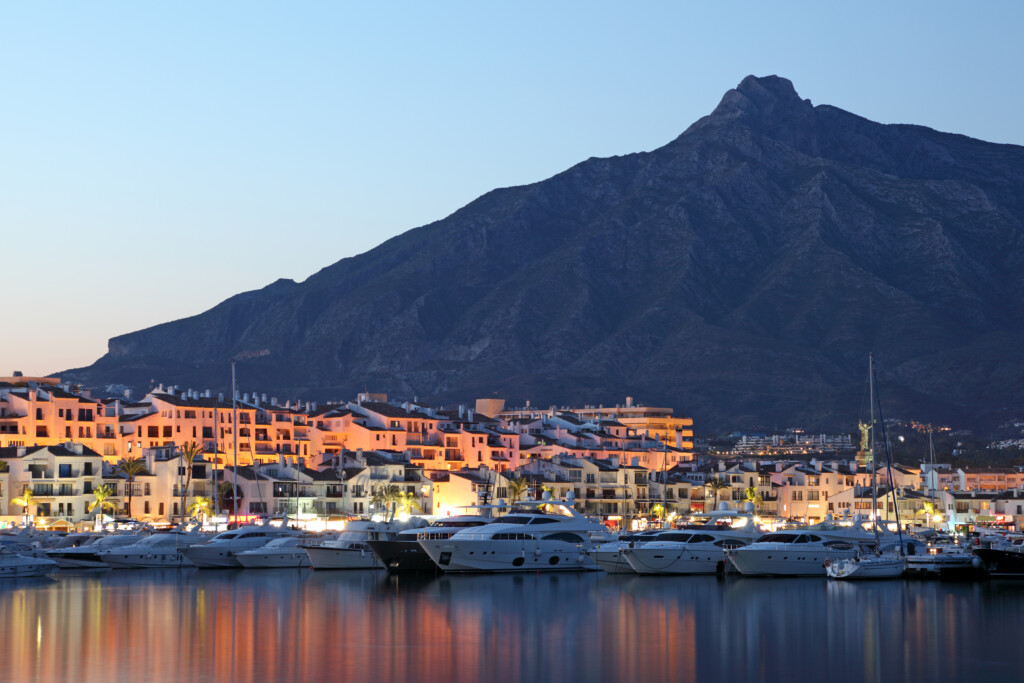How Long will Daylight Saving Remain in Spain?

The quandary of daylight saving (or “summer time”) attracts impassioned debate. Some people welcome the seasonal adjustments, being keen to take full advantage of day-time sunny hours. Others, however, are vehemently opposed, arguing that the disruption to their sleep patterns and daily schedules isn’t justified by the benefits.
The debate can even become quite bizarre at times. Queensland, for example, has for half a century mostly rejected joining other Australian states that adopted daylight saving in the 1970s. Supporters of the annual time adjustments joke that opponents are unfoundedly worried about their curtains fading quicker, or that cows on dairy farms would become confused and emotionally disturbed about changes to their milking hours.
In Spain, as in other European Union countries, the clocks are changed twice a year: on the last Sundays in March and October. But for how long?
The History of Daylight Saving in Europe
The European Union first unified summer time arrangements in 1980, “in order to ensure a harmonised approach to time switching within the single market, as until then national summer time practices and schedules were diverging”. The current summer-time arrangements directive requires E.U. countries to switch to summertime on the last Sunday of March and back to standard time on the last Sunday of October.
In February 2018, Responding to citizens’ initiatives, the European Parliament called on the European Commission to assess the summer time arrangements directive and, if necessary, present a proposal for the directive to be revised.
The assessment received 4.6 million responses, with 84 per cent of respondents in favour of ending bi-annual changes to the clocks. The Commission tabled the proposal, which was subsequently revised by the Parliament in 2019.
But here’s the complication. For new rules to become E.U. law they need to be agreed on between the Parliament and E.U. national ministers.
In March 2019 the European Parliament formally voted to end the practice of adjusting clocks by an hour in spring and autumn from 2021. However, in a press release at the time, the Parliament noted that its commitment “was not met by the same ambition in the E.U. Council (of ministers), which after two years of consideration has not come up with a joint position”.
Spanish Options
By 29 October 2023 (the last Sunday of the month), European ministers had still not reached an agreement so in Spain the clocks went back one hour from 3 am. With European elections scheduled for 6-9 June next year, observers don’t expect any changes until the second half of 2024, which means clocks are likely to once again go forward one hour from 2 am on 31 March 2024.
In Spain specifically, an associated argument is (when, or if, daylight saving is eventually rescinded) whether the country should remain in tune with Central European Time (also including France, Germany, Belgium, the Netherlands, Italy, the Scandinavian countries, etc.) or join the Western European Time Zone that includes the United Kingdom, Ireland, neighbouring Portugal and the Canary Islands region, which is awkwardly out of sync with mainland Spain and the Balearics.
The Spanish View
According to the results of a survey by Spain’s Centro de Investigaciones Sociológicas (Centre for Sociological Research) at the start of November, 65.8 per cent of Spaniards are in favour of ending daylight saving time changes.
A similar proportion (68.5 per cent) would prefer to stick with summer rather than winter time.

Ensuring a Better Sleep
In the meantime, Spain’s Organización de Consumidores y Usuarios (Organisation for Consumers and Users) has offered eight tips for sleeping better after a time change:
- Fixed hours – It is important to “educate” the body to go to bed and wake up at the same time each day (including weekends).
- Sufficient sleep – If you are particularly tired one day, it is fine to treat yourself to a sleep-in the next morning to restore energy.
- Siestas – For those who need an afternoon nap, best to keep it to a maximum of half an hour.
- Exercise – over-exerting yourself with daily exercise routines just before going to bed is not recommended.
- Drinking – This is an especially difficult one for those of us who like to enjoy the renowned Mediterranean lifestyle to the full, but it is best to avoid drinking alcohol, coffee and sugary soft drinks late into the evenings (*exceptions permitted in Marbella!)
- Dinner – A light meal in the evenings (especially no “fast food”) is recommended to ensure a comfortable night’s sleep, and ideally it should be consumed no later than two hours before going to bed.
- Ambience – Make sure your bedroom is well-ventilated during the day and clean and tidy, with adequate acoustic and light isolation for bedtime.
- Mattress – Finally, ensure you invest in a comfortable mattress (and pillows and bed linen) so your body and mind are fully revitalised when the alarm clock rings.
Taking Advantage of Natural Light
Making sure your home capitalises on natural light is a priority throughout the year but getting it right can also help you adapt to changes in time.
Four key tips recommended by the experts are:
- Make sure your home design and layout are maximised to take full advantage of natural light.
- Choose the right colours – light or darker depending on the room’s aesthetics.
- Opt for transparent curtains – complemented by blinds for sleeping time.
- Select lamps that are both functional and gentle on the eyes – and place them in positions that accentuate the décor without overwhelming it.
If you still have any doubts or queries about how to cope well with time changes, our friendly and knowledgeable team will be happy to help and make sure you enjoy a blissful sleep throughout the year. And, if you are looking to buy a holiday home so you can enjoy Marbella’s many glorious sunny days – whatever the time zone that Spain eventually adopts – we have the best selection of properties on the Costa del Sol.


